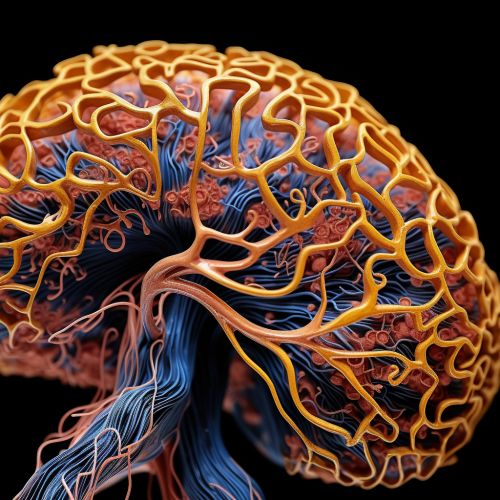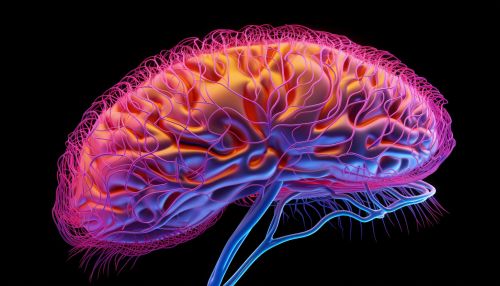Cognitive Neuroscience of Cognitive and Neuropsychological Therapy
Introduction
Cognitive neuroscience is an interdisciplinary area of study that employs the principles of neuroscience to understand the nature of cognitive and mental processes. This field of study is closely related to cognitive and neuropsychological therapy, which uses knowledge about the brain and its functions to inform therapeutic interventions.
Cognitive Neuroscience
Cognitive neuroscience is a branch of neuroscience that focuses on the neural substrates of mental processes. It is the scientific field that is concerned with the study of the biological processes that underlie cognition, with a specific focus on the neural connections in the brain which are involved in mental processes read more.
History
The field of cognitive neuroscience has its roots in the 19th century, with the work of pioneers such as Paul Broca and Carl Wernicke, who began to discover the role of specific areas of the brain in language and cognitive functions read more.
Key Concepts
Cognitive neuroscience is based on several key concepts. These include the idea that cognitive processes can be understood in terms of the structures and processes of the brain, and that these processes can be studied using a variety of techniques, such as neuroimaging and neuropsychological testing read more.


Cognitive and Neuropsychological Therapy
Cognitive and neuropsychological therapy is a form of therapy that uses knowledge about the brain and its functions to inform therapeutic interventions. This type of therapy is often used in the treatment of conditions such as depression, anxiety, and post-traumatic stress disorder read more.
Techniques
Cognitive and neuropsychological therapy employs a range of techniques, including cognitive restructuring, behavioral activation, and mindfulness-based approaches. These techniques aim to change maladaptive thought patterns and behaviors and improve emotional regulation read more.
Applications
Cognitive and neuropsychological therapy has a wide range of applications. It is used in the treatment of a variety of mental health conditions, including depression, anxiety disorders, post-traumatic stress disorder, and obsessive-compulsive disorder. It is also used in the treatment of neurological conditions, such as stroke and traumatic brain injury read more.
Intersection of Cognitive Neuroscience and Cognitive and Neuropsychological Therapy
The intersection of cognitive neuroscience and cognitive and neuropsychological therapy is a rapidly growing field. This interdisciplinary approach allows for a more comprehensive understanding of mental processes and disorders, and can lead to more effective therapeutic interventions read more.
Research and Developments
Recent research in this field has led to significant developments in our understanding of the brain and mental health. For example, neuroimaging studies have provided insights into the neural correlates of cognitive processes and disorders, which can inform the development of new therapeutic interventions read more.
Future Directions
The future of the intersection of cognitive neuroscience and cognitive and neuropsychological therapy is promising. With advances in technology and our understanding of the brain, it is likely that this field will continue to grow and evolve, leading to new and improved therapeutic interventions read more.
